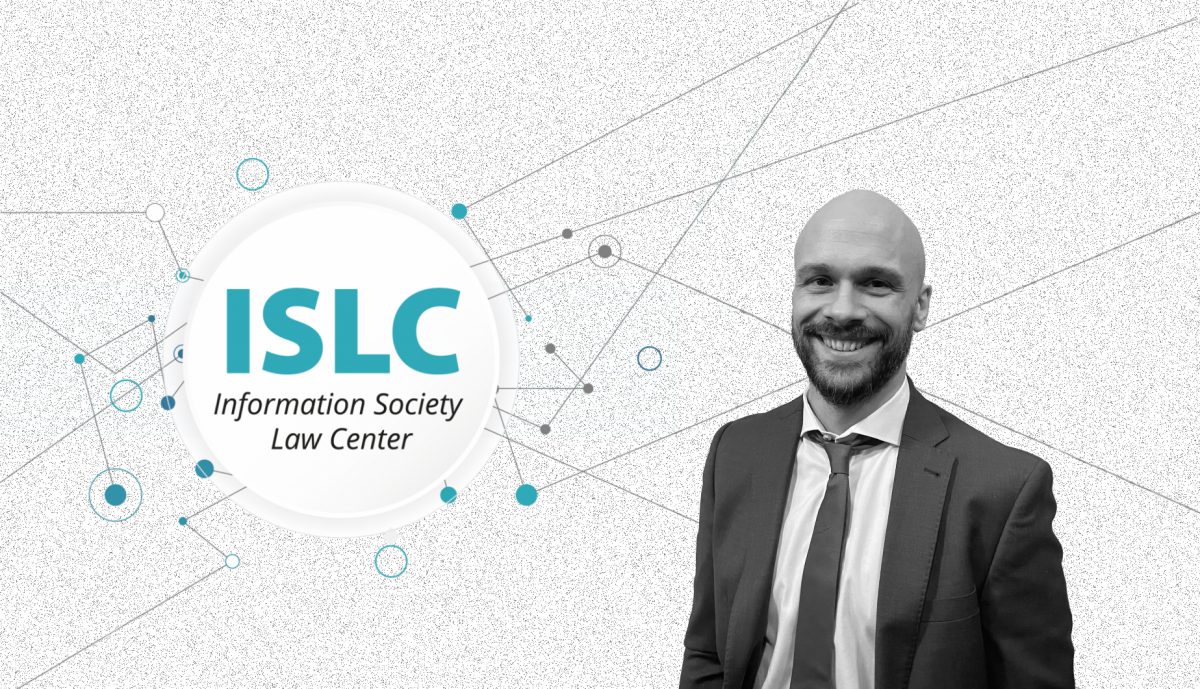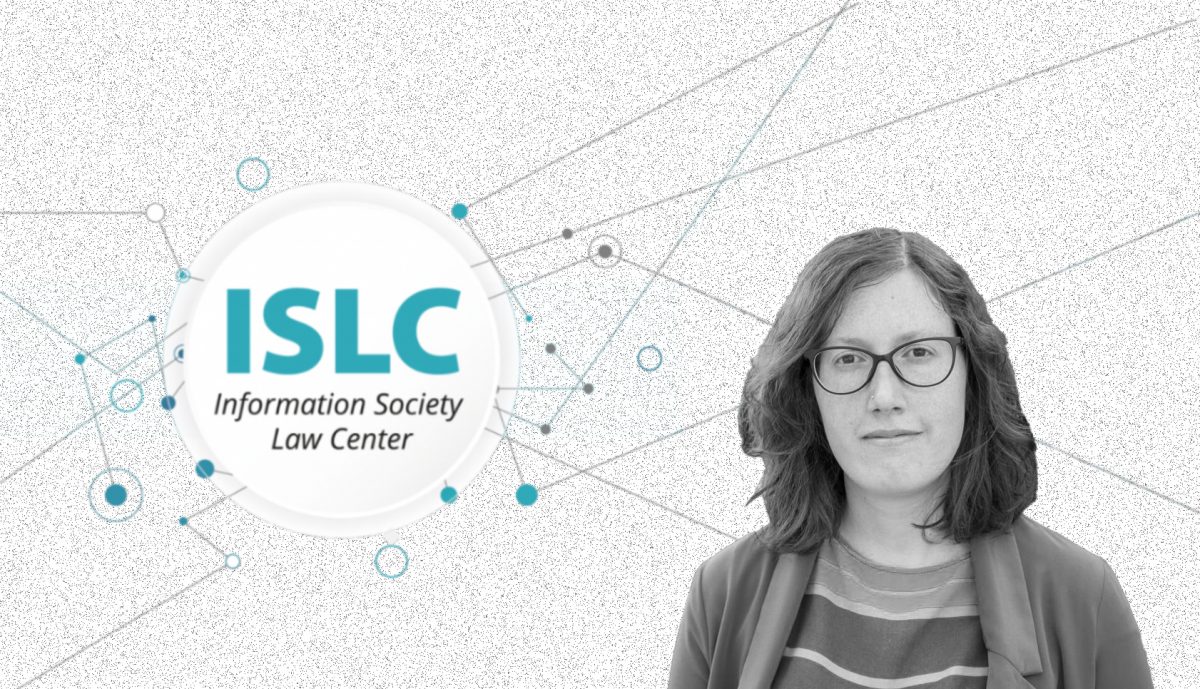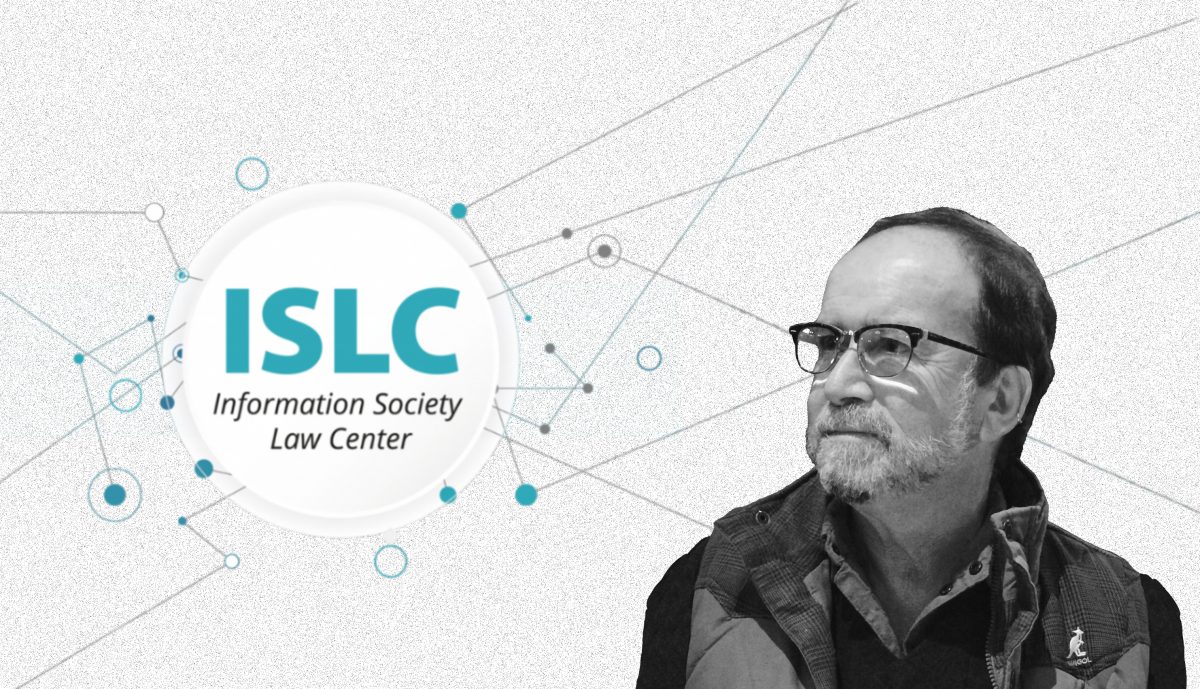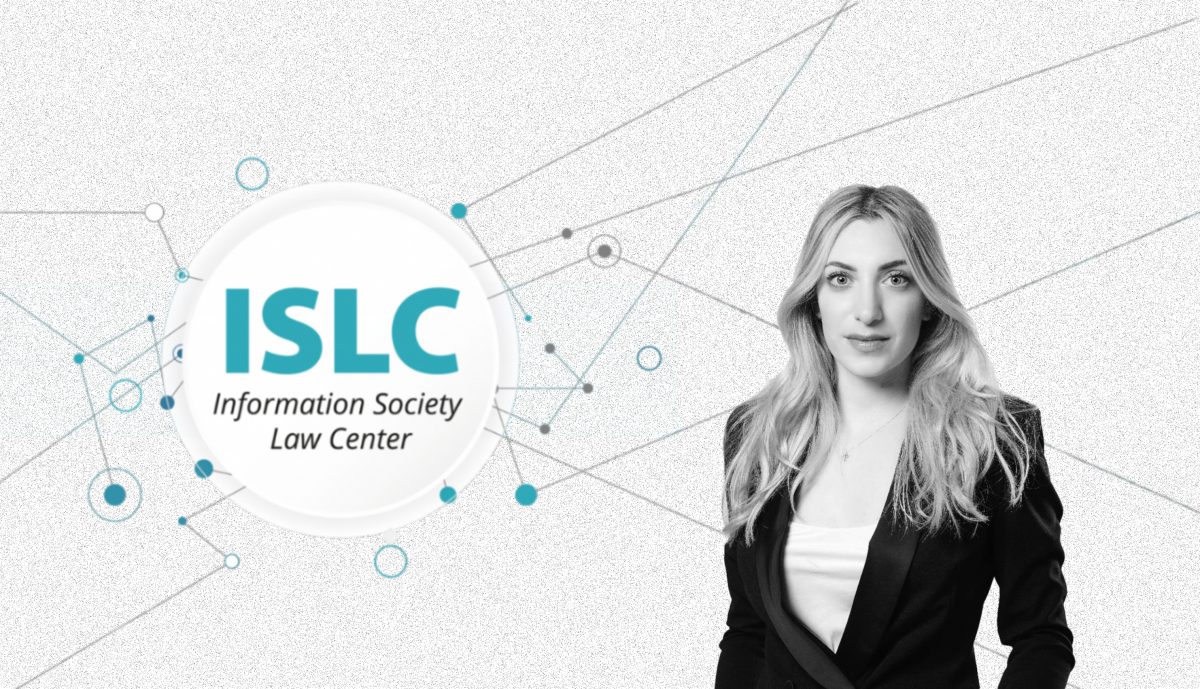Eyup Kun is a doctoral researcher in KU Leuven Center for IT and IP Law since February 2021. He is a Turkish qualified lawyer since 2019.
He conducts his doctoral research on the intersection of cybersecurity and data protection law in the digital economy in addition to his involvement in the ENSURESEC project funded by European Union Horizon 2020.
He is graduated from Istanbul University, Faculty of Law. He completed his master studies at the London School of Economics and Political Science (the LSE) with the specialisation of information technology, media and communications law in 2020. During his master studies, he was involved in several projects related to the intersection between data protection and other fundamental rights. After graduating from the LSE, he worked as a trainee at the Data Protection Unit at the Council of Europe. During this assignment, he mainly worked on the guidelines on the facial recognition technologies adopted by the Council of Europe in January 2021.




